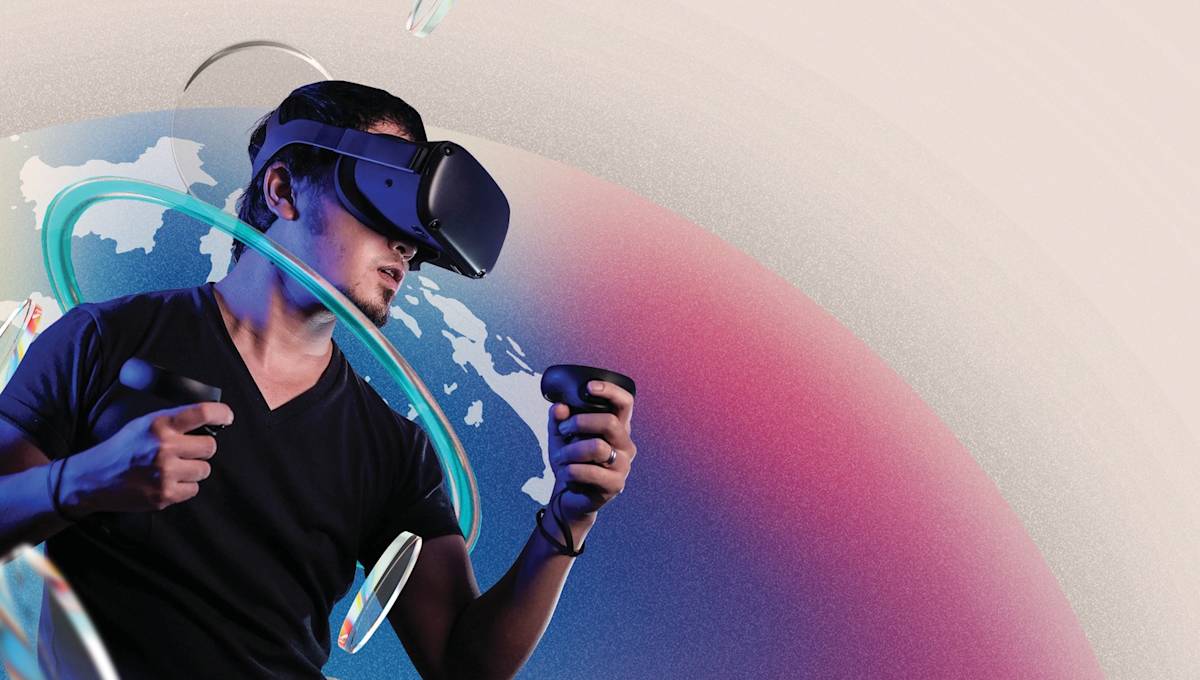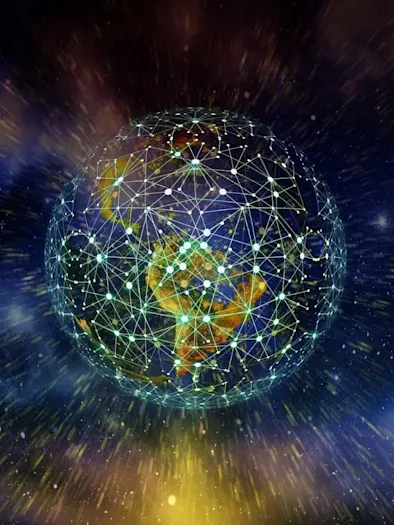
The Youth Equation Report
Hill+Knowlton Strategies has launched a new Indonesian study to mark it’s one-year anniversary in this market.
“The Youth Equation” Report looks into how Indonesia’s largest consumer segment, Generation Z are responding to COVID-19, their new and future digital behaviors; and what this means for brands who want to invest in Indonesia and the need for them to engage Gen Z in order to grow in this market.
The report, which incorporates the responses of over 500 young Indonesian correspondents aged 16+ across Indonesia, looks at the key Gen Z behaviours which have seen significant increases amid the lockdown, and which are likely to continue to hold to some degree. This 40-page report covers various areas and elements, underlining the key trends and shifts within younger Indonesian consumers brought about by the COVID-19 pandemic, including their increasing reliance on digital platforms and connectivity in virtually all aspects of their interactions; and what this means for brands seeking to entice and engage with this new generation.
Key insights include:
Indonesian Gen Z consider social media to be their preferred platform for engagement. Visual media platforms like Instagram, Twitter, YouTube and Facebook, and rising platforms like TikTok, LINE, Telegram, DISCORD and Wattpad are most preferred. We have found that creative snackable content has been most effective in capturing this new generation’s attention, these include funny aka ‘receh’ memes, parody, slapstick videos, cynical copywriting etc.
Young Indonesians are brave to stand up for what they think is right and voice their opinions especially when it comes to day-to-day issues. We also see them leading the charge in correcting their peers and even brands online by sharing insightful counter statements, information, and resources that invite and encourage critical thinking. Indonesia’s Faye Simanjuntak in her fight against sexual crimes and children trafficking, and the Bali-based environmentalists, Wijsen Sisters (Melati and Isabel) fight on plastic and trash are best examples of how this powerful generation create impact and effect change in the world.
Digital platforms and social media are ‘vessels’ of subcultures: from personal passions like music, art, sport, food, and traveling, to meaningful interests such as life’s purpose, goals, inclusivity, and peace. If brands want to utilize these subcultures to engage the market, they need to understand the subculture and invest time (not necessarily money) to be part of the ‘movement’.
Gen Z are very keen on supporting brands that have a strong sense of purpose, and what’s key is that a brand’s values need to resonate with theirs. From International brands such as H&M with its conscious line sustainability collection to the leading local brand Aqua, with its first-ever 100% recycled bottle innovation in Indonesia, or Netflix Indonesia with its quirky engaging content style. Brands that are relevant and authentic will indeed capture the attention and interest of this arising generation.
Brands need to adjust and adopt their communications to resonate with this young audience. Brands are innovating ways to keep this generation socially connected through digital activities that can be enjoyed together. Netflix Party, Zoom, even the likes of Instagram Live have gained momentum by allowing these youngsters to hang out online. Telkomsel created a product just for Gen Z, named by.U, the first digital prepaid cellular service in Indonesia that provides end-to-end digital experiences for all telecommunications needs. Telkomsel targeted all by.U communications in avenues where these young Indonesians spend most of their time – mainly on TikTok and fan fiction platforms, in the form of unconventional short video content among others. It’s interesting to note that Telkomsel steered clear from any marketing and communication activations in traditional communication avenues that brands normally play in and as a result of which they were able to actively engage with Indonesia’s Gen Z.
Download the report here: The Youth Equation Report By H+K Indonesia








